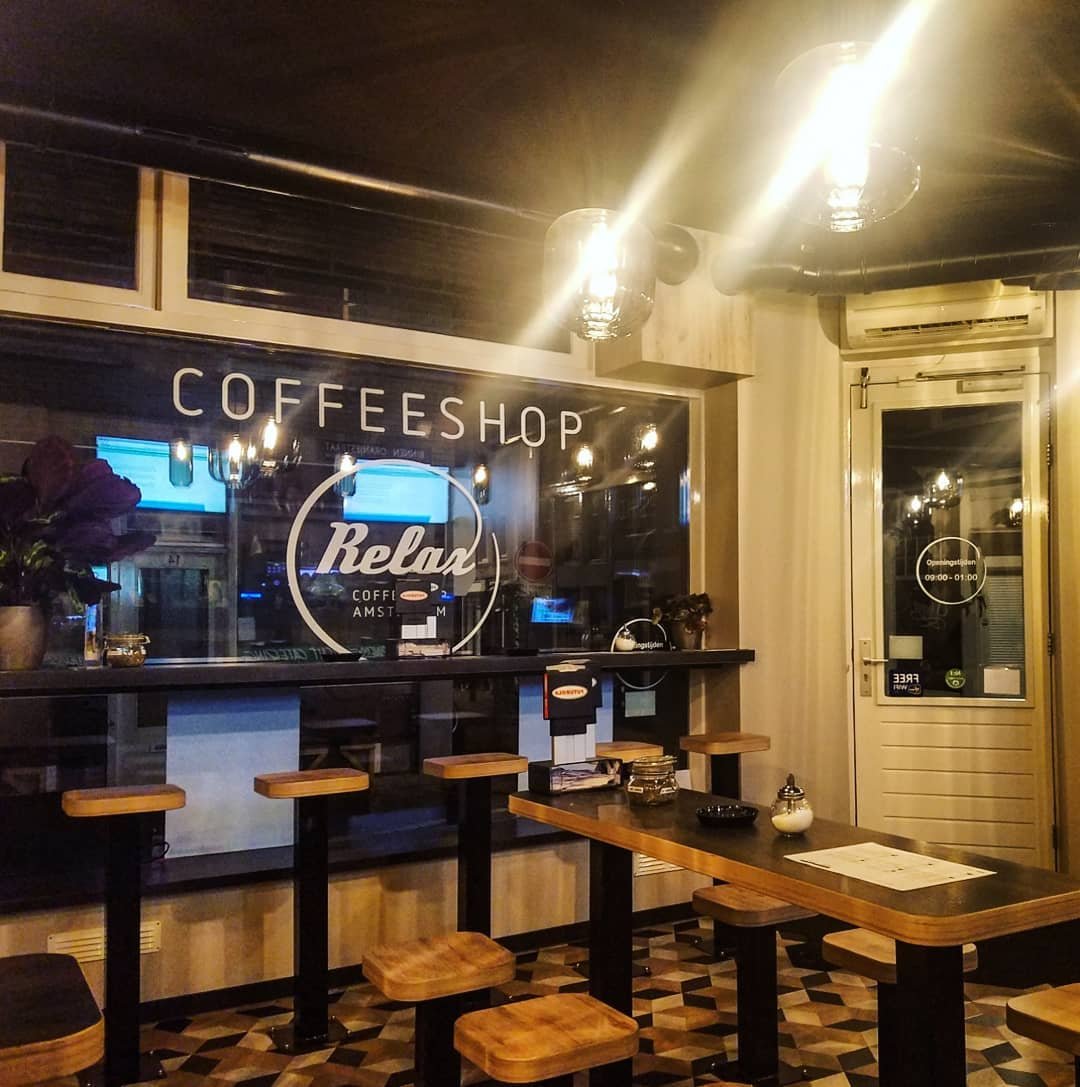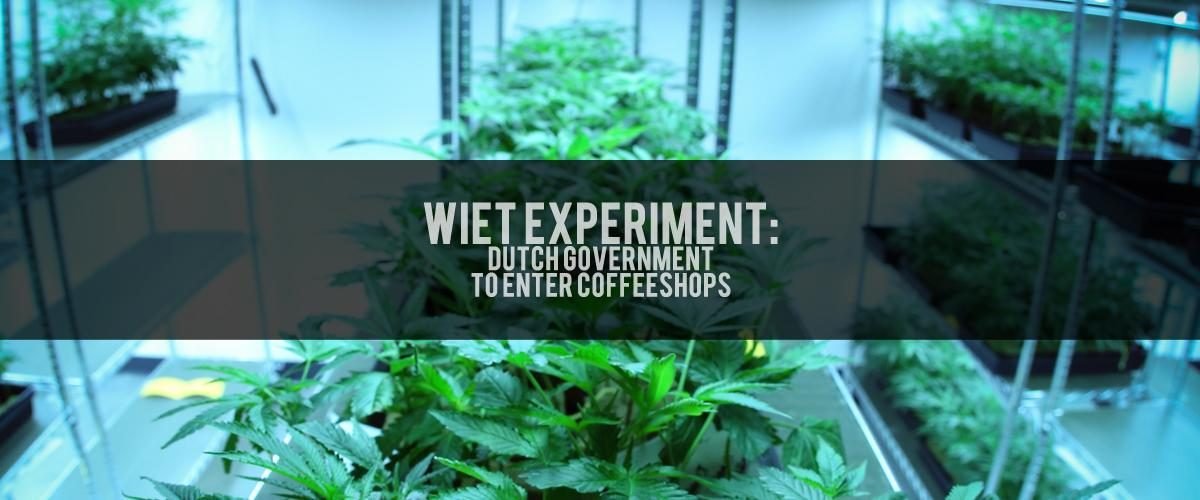Could this be the beginning of the end for Dutch coffeeshop culture?
Long has Amsterdam been recognized as a city of freedom. What with legal cannabis coffeeshops, the infamous redlight district, and the abundance of magic mushrooms, truffles, and other drugs for sale in both shops and on the streets, the city appears to be an unlimited haven for those wishing to have a good time. Tourist culture aside, Amsterdam coffeeshop culture and the larger Dutch coffeeshop culture is something entirely different. It is a thing of pride. Shops offer visitors a large variety of different cannabis strains at different price ranges. For the experienced user, this is important. The medicinal properties of cannabis differ greatly from strain to strain and also are dependent upon the conditions in which the plants were grown. Quality shops place great pride in the products they sell and work hard to ensure they are finding the best quality of product to sell to consumers.
The Dutch Government is currently threatening coffeeshop culture. The proposed “Wietexperiment” aka. “The Closed Coffeeshop Chain Experiment” is set to limit the supply of product in the coffeeshops of six to ten medium to large sized Dutch municipalities to that of government issued cannabis. Plans for this experiment were announced in October of 2017 by the Dutch government. The purpose of such a proposition is to see whether limiting the sources where shops can get product from to the government impacts factors including public health, crime, public safety, and nuisance in the municipalities in question.
On 9 March 2018, plans for this experiment were described in three steps by Dutch Parliament. In an initial preparation stage, the law begins to be enforced in selected municipalities and designated growers are selected and assigned to provide their products to coffeeshops. During this period, a research committee will investigate the initial effects of this project and assess the changes being made to the coffeeshops. At this time, the goals of the experiment will be developed further. The research committee was scheduled to come together in May of 2018 to investigate initial questions of research and experimental hypothesis outlined by Dutch officials.
The Wietexperiment is planned to last for four years, during which the shops will receive products from designated government sources. During this time, the mayor of the participating municipalities will have control over some aspects of the coffeeshops including the ability to create rules regarding the trading of stocks, and the training and presence of staff and security at the shops. After this four-year period, which can be extended, the completion phase is stated to “restore the situation to how it was before”, over a period of approximately six months. Municipalities can register to be considered for this research. Ten regions will also be placed in a control group in which regular coffeeshop activity continues and its effects studied.

The products available to the coffeeshops will be produced by 5 -10 governmentally-selected growers who will be responsible for the products from cultivation to packaging and delivery to shops. This is done in an effort to avoid a cannabis monopoly. The Dutch Cabinet wants to provide “a representative supply” of cannabis, which includes includes at least ten different types of cannabis flowers and five types of hash, to discourage people from looking to purchase cannabis elsewhere. All packaging of such products will be standard and will come with warnings displayed on them. Months ago, the Dutch government stated that the governmental products will be “a very light form of weed”, but is now going back on this statement, promising to bring strong varieties as well to appeal to a larger variety of users.
When the regulated product is introduced, all of the coffeeshops in selected regions will need to dispose of their previous inventory of cannabis products overnight and restock with government product. This is concerning to many coffeeshop owners and connoisseurs. “It will never match the quality of Moroccan hash”, Joachim Helms, coffeeshop owner and chairman of the Association of Cannabis Dieticians states of the government-controlled “’nederhasj”, which will be replacing carefully selected products across participating shops. “It’s like producing French wine in the Netherlands”, remarks Helms.
A foreseeable concern to this experiment is that in the absence of the product they are seeking to buy legally in coffeeshops, Moroccan hash being only one such example, consumers may need to turn to the streets to find the medicines that work best for them. Such a situation would imaginably lead to an increase of the previously mentioned public safety concerns. There is much question as to why the legal importation of such products cannot be considered to combat such an issue. This new regulation can prove detrimental to hash farmers who have been supplying their products to coffeeshops, which sell them legally to consumers, for decades, if not longer. Other companies, such as those based out of areas where marijuana is legal for use and research such as Colorado and California, United States will have their distribution disrupted by this regulation as well. This is unfortunate for consumers as many of these areas have leading centers for cannabis research and therefore produce top quality, clean, and highly medicinal products. However, there is currently debate as to whether or not The Netherlands may buy cannabis from Canada. At the present time, 70-90% of Dutch weed is exported.

Support from Dutch Municipalities Dwindles
A growing number of municipalities do not wish to participate in this experiment for fear that it will increase illegal activity in the regions and because they feel that plans for this project have not been developed well and thoroughly enough. “There was support for an experiment”, says Tilburg Mayor, Theo Weterings, “but now that we see all the conditions, there are more municipalities that are going to scratch their heads, and the question is whether we will get ten municipalities.”
An attempt was made to introduce the Wietexperiment in 2018 over a period of six months, which was delayed, as it was sensed that planning for such an experiment would require additional preparation and time. It is to be noted as well that the experiment is in fact illegal under the Opium Act. Under the Opium Act, an Experiment Act must be adopted before an experiment like this can be performed. This must be adopted by the Dutch House of Representatives. All four government parties in the House of Representatives will first need to vote in the Lower House and this will involve a great deal of compromise. Three of the four parties do not support this experiment as it currently is being presented. Despite this, the legislative proposal for this experiment was issued on 22 January, 2019 and will be followed by a General Administrative Order which will include experimental rules including those for cannabis cultivation and sale. The initial draft of this given order was open to suggestion and a new version will be will be sent to the Lower House in the Spring of 2019. There are hopes to begin the initial phase of this project by March 2021.
“This is the tunnel vision of the government, we warn of huge inconvenience, we see the risk that the consumer goes to another municipality or to the street, so you turn everything upside down”
-Margriet van der Wal, Breda
Approval for the Wietexperiment is dwindling amongst municipalities. Municipalities want more clarity about the rules of the experiment before enrolling and many feel that changes must first be made to the proposed experiment. Criticism has come from municipalities which include Amsterdam, Rotterdam, Maastricht, Utrecht, and Leeuwarden. Several municipalities, such as Eindhoven, initially interested in participating in the experiment are now speaking out critically. Amsterdam does not wish to participate in the experiment unless the conditions for the trial are changed to better suit the needs of coffeeshops. Without Amsterdam, home to 30% of The Netherlands coffeeshops included, the study is missing a great deal of valuable data.
“This is immoral”, Mayor Paul Depla of Breda speaks of the proposed experiment. “You cannot ask coffee shops to participate because you send them back to their criminal suppliers after four years.” Many coffeeshops do in fact favor regulation of some type and also the option to procure cannabis from legal government sources, but do not approve of the proposed experiment.
“This is the tunnel vision of the government, we warn of huge inconvenience, we see the risk that the consumer goes to another municipality or to the street, so you turn everything upside down” insists Margriet van der Wal, representing coffee shops in Breda. She feels negatively about the proposed experiment, as does her colleague from Maastricht, Marc Josemans. “We have nothing left but to say: we cannot give our co-operation to this. You’re going to force coffeeshops to send people into the illegal circuit,” Josemans remarks of the government. He feels that the idea of shops returning to their original suppliers after the four year experiment is “just unworkable.” In reference to the municipalities concerns, Minister Grapperhaus states the municipalities are “grumpy” because of the objections they have expressed.
It will be interesting to watch the progression of this experiment to put it optimistically. The issue appears to be reaching a stalemate at present, but it is clear as well that many Dutch want change.



